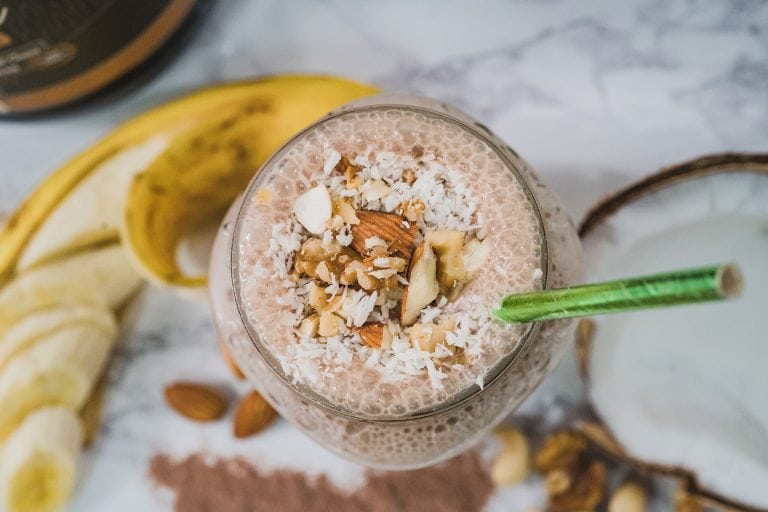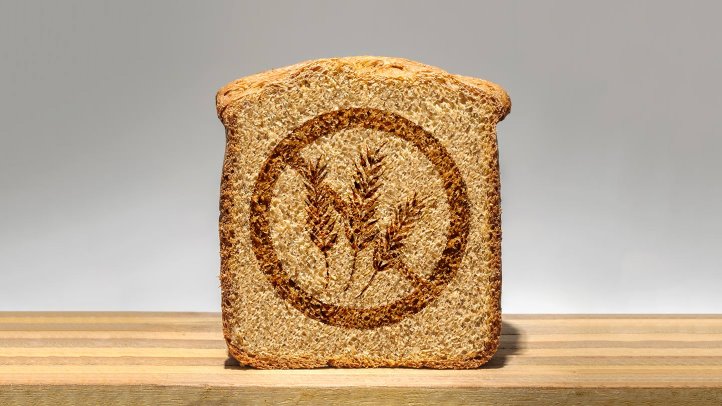
We’d all love to get a restful sleep every single night. But as anyone with a job and/or kids knows all too well, real life always tends to get in the way of achieving that dream. Unfortunately, though, burning the midnight oil to finish a work project or tidy up the house does more than just make you groggy the next morning.
Staying up late can have a major impact on your health, too. Need more incentive to call it an early night? Read on to discover the harmful side effects of staying up too late, depriving yourself of some much-needed rest.
You eat more
Though human beings are supposed to eat for survival, most of the time we eat because, quite frankly, food is just too delicious to pass up. And unfortunately for those of us who are up late at night, it’s even harder to tune out those impulsive eating cues. In fact, an analysis of 17 studies published in the European Journal of Clinical Nutrition found that people who didn’t get a full night’s rest ate an average of 385 more calories the following day than those who got their eight hours.
You gain weight
The extra calories you consume due to a lack of sleep can also lead to weight gain and obesity in the long term. According to a study of 68,000 women published in the American Journal of Epidemiology, those who got five hours of sleep or less per night gained 2.5 more pounds over the 16-year study period than women who slept soundly every night.
“Usual sleep times of less than seven hours are associated with a substantial increase in the risk of major weight gain and incident obesity,” the study authors noted, hypothesizing a link between those late nights and changes in the body’s metabolic activity.
Your risk of developing diabetes increases
When your body is running on little sleep, it compensates by excreting high levels of stress hormones like cortisol to keep you alert. According to a 2010 study published in The Journal of Clinical Endocrinology & Metabolism, this can make you less sensitive to the effects of insulin—or, in other words, it can cause your body to convert the glucose in your bloodstream to energy less efficiently. Over time, this can lead to a buildup of glucose in your bloodstream, thereby increasing your risk of diabetes.
You put your heart health on the line
Every organ in the body needs sleep to function, the heart included. The National Sleep Foundation notes that not getting adequate periods of rest can activate chemicals that “keep the body from achieving extended periods in which heart rate and blood pressure are lowered.”
And when researchers conducted a meta-analysis on sleep deprivation and heart health published in the journal Current Cardiology Reviews, they concluded that staying up too late and getting five hours of sleep or less is directly correlated with an increased risk of hypertension and coronary heart disease.
Your memory weakens
When you stay up late and your brain is running on fumes, it has trouble keeping track of the information it’s receiving. When researchers at the University of California, Los Angeles tested the effect of sleepiness on cognitive function, they found that when subjects were deprived of sleep, their neurons had trouble communicating. These misfiring neurons translated into a reduced ability to categorize images and therefore recall memories.
“We were fascinated to observe how sleep deprivation dampened brain cell activity,” lead study author Dr. Yuval Nir explained in a press release. “The neurons responded slowly, fired more weakly, and their transmissions dragged on longer than usual.”

























